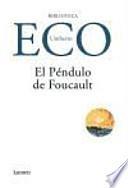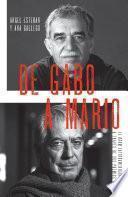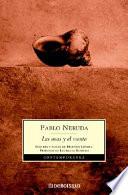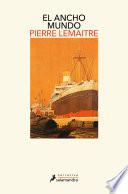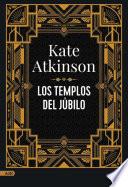Apology to Apostrophe
Sinopsis del Libro
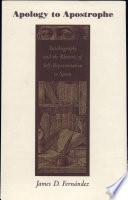
Who writes "I"? How is the scene of writing represented in autobiographical texts? To whom are autobiographies addressed? What kinds of readers are inscribed in autobiographical narratives? In Apology to Apostrophe, James D. Fernandez offers a lucid and powerful meditation on the nature of autobiographical writing through his investigation of the historical conditions and literary stagings of autobiographical writing in Spain. As Fernandez demonstrates, recent developments in critical theory provide new and fruitful approaches to autobiographical works that have long been neglected, misunderstood, or - in some cases, like Joseph Blanco White's Life - virtually unknown. Focusing primarily but not exclusively on nineteenth-century Spain, Fernandez exposes a rhetorical tension that often occurs in autobiographical discourse, between self-justification, or "apology," and the transcendence of this worldly impulse, or "apostrophe." This tension, he argues, is of particular interest in the case of Spain, with its strong tradition of opposing being to historical existence, personal identity to worldly experience, and national identity to participation in "the modern." It is, however, not peculiar to that nation, and his investigation of this rhetorical opposition leads to insightful considerations of many canonical European autobiographies, including those of Saint Augustine, Rousseau, Saint Teresa, and Cardinal Newman. Considering Spanish autobiography in the context of first-person narrative in Europe and in terms of current debates on the relationship between writing and selfhood, Apology to Apostrophe marks a significant advance in our historical understanding and critical discussion of the genre. This book will be of great value not only to Hispanists but also to those interested in autobiography and cultural history.
Ficha del Libro
Titulo Alternativo : Autobiography and the Rhetoric of Self-representation in Spain
Total de páginas 182
Autor:
- James D. Fernández
Categoría:
Formatos Disponibles:
MOBI, PDF, EPUB, AZW
Descargar Libro
Valoración
4.5
15 Valoraciones Totales

